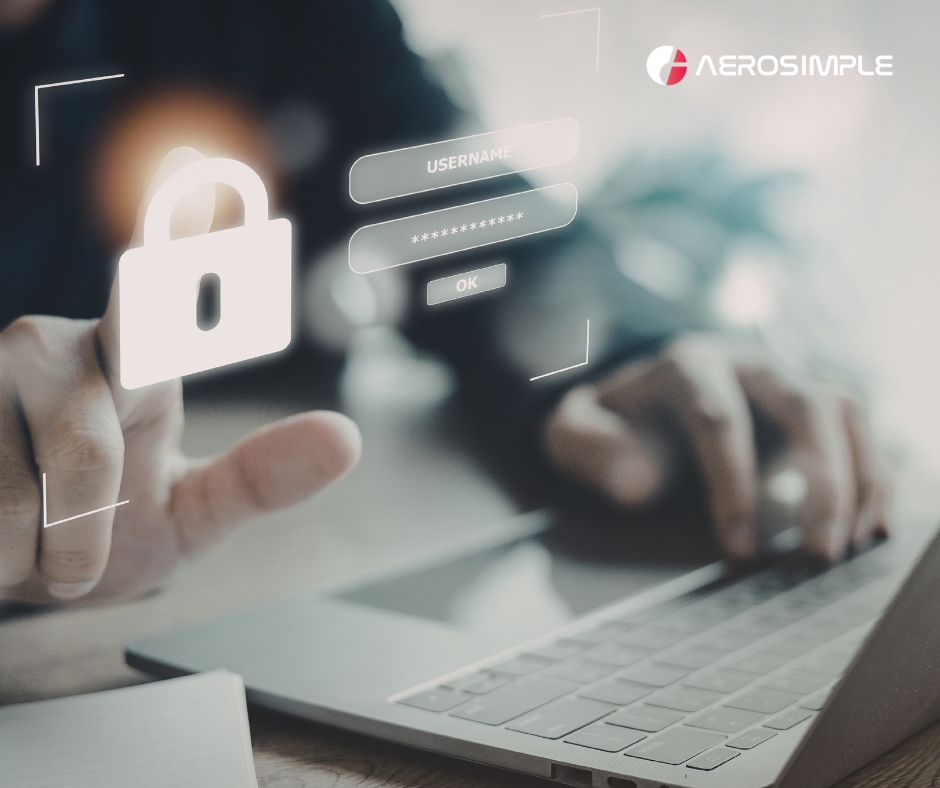Learning Management Solutions: What You Need to Know

Do you need to manage employee training at your airport? Are you looking for a learning management system (LMS) that is specifically designed for the aviation industry? If so, you're in luck. In this blog post, we will discuss what you need to know about airport LMS solutions. We'll provide an overview of the features and benefits of these systems, and what you should be looking for from them.
What is an LMS?
A learning management system is a software application or set of tools that helps plan, implement, and assess training programs. Learning management systems help organizations train employees more efficiently and effectively by providing a central repository for all training materials, tracking employee progress, and assessing results. Many learning management systems also include videos, quiz based activities to make learning more engaging.
Most learning management systems are web-based, which makes them accessible from anywhere with an internet connection. When selecting a learning management system, it is important to consider your organization’s needs and budget. There are many different types of learning management systems, each with a range of features and pricing options.
You may also need to consider the technical requirements of your organization, such as whether the system is compatible with your existing technology or if you need additional hardware or software to support it.
Why Should Airports Use an LMS?
An airport learning management system is a tool that is used to help train and educate employees in a variety of different areas. These systems can be used for everything from providing training on safety, security protocols, and customer service skills, all the way to helping employees develop a deeper understanding of their specific roles within the organization.
There are many reasons why airports might consider using an LMS when it comes to training and educating their employees. One of the most important benefits is increased efficiency. Employees who have access to an LMS can quickly find the information they need without having to go through lengthy or complicated processes to do so. This helps them stay focused on their tasks while also improving overall productivity levels at the airport.
Another benefit of using an LMS is that it can help ensure compliance. If employees are properly trained and receive regular updates on the latest policies and procedures, there is a much lower chance of making mistakes or violating protocols that could potentially have serious consequences.
Additionally, using an LMS to train employees can also be beneficial from a financial standpoint. This is because it reduces the amount of time spent in training by allowing employees to learn more quickly and efficiently. It can also reduce costs associated with hiring external trainers or consultants who are brought in periodically to provide additional training when necessary.
What LMS Do I Need?
An LMS is a software tool that helps you manage and deliver online training courses to your employees or other learners. When it comes to choosing an LMS for your airport, there are a few key factors you’ll want to consider.
The first thing you’ll need to think about is what type of content you’ll deliver through the LMS. Some LMS platforms are better suited for certain types of learning materials than others. For example, if you have a lot of video-based training content, you may want to look for an LMS that supports video streaming or hosting. On the other hand, if most of your content consists of written documents like PDFs, you may want to look for an LMS that allows you to upload and share these documents.
Another important consideration is the number of users who will be using the LMS. Will all your employees have access, or just certain groups? If only a few users will be logging in at once, an on-premise LMS might work best — although this requires some initial setup on your part. Alternatively, if many employees will be accessing the system simultaneously, you may want to opt for a cloud-based solution instead.
Different Types of LMS
There are many different types of LMSs on the market today, which can make it difficult to choose the right one for your needs. However, most LMSs can be classified into one of four categories:
• Self-hosted: A self-hosted LMS is installed on your own servers and requires you to manage all aspects of the system, including hosting, updates, security, and backups. This type of LMS is generally the most customizable but also requires more time and technical expertise to maintain.
• Cloud-hosted: A cloud-hosted LMS is typically hosted by a third party and managed by their IT staff, which frees you from having to manage the infrastructure yourself. While this type of system is often less customizable, it can be a good option for smaller businesses that don't have the resources to manage an internal LMS system.
• Software as a service (SaaS): An SaaS LMS provides all of the functionality of a self-hosted or cloud-hosted LMS, but with even less maintenance on your part. This type of system is usually provided as a subscription service, with the provider handling all of the updates and security.
• Open source: An open-source LMS is a type of self-hosted system where the underlying software code is freely available to anyone who wants to use it. This makes it possible for developers to create their own customizations and add-ons, but also requires more technical expertise to maintain.
Learning management system (LMS) is a critical part of the modern workplace, and if you’re looking for an all-in-one airport operations solution that includes an LMS, look no further than Aerosimple. Our team has years of experience providing solutions that make airports run smoother and easier for everyone involved.
Contact us today to learn more about our products and services!
































